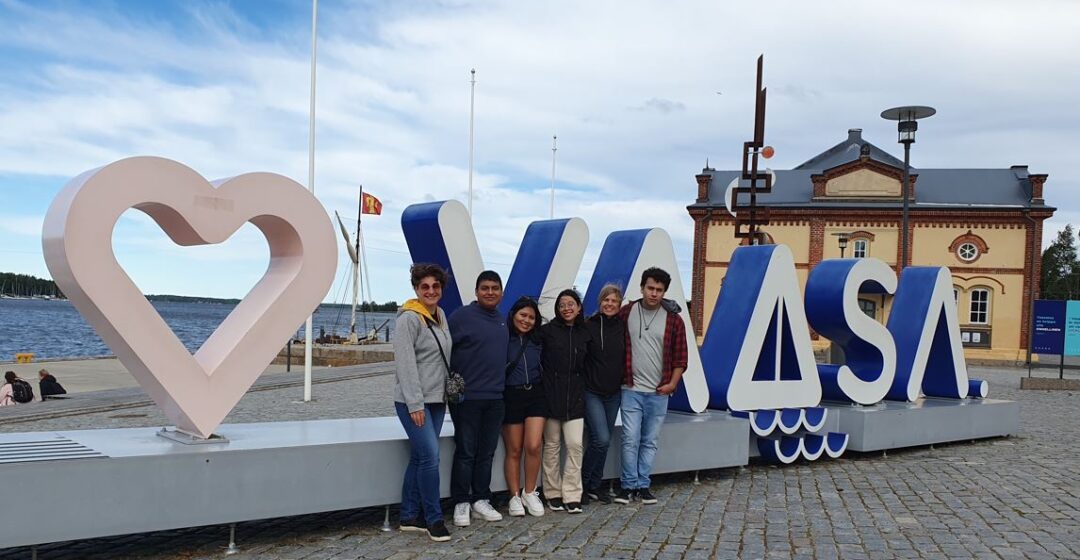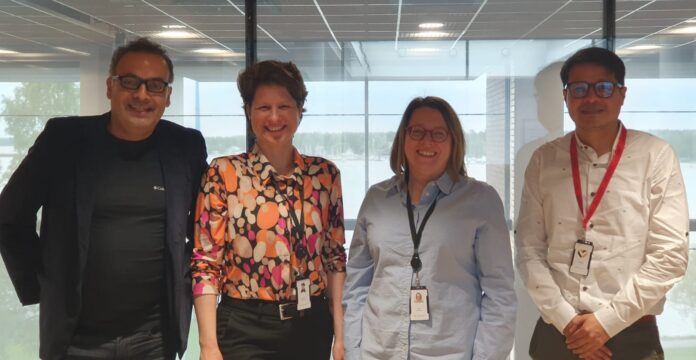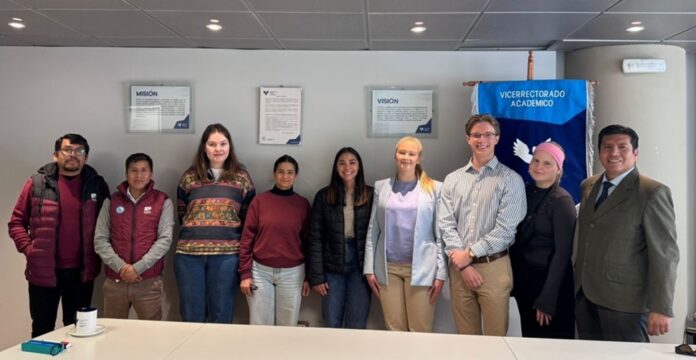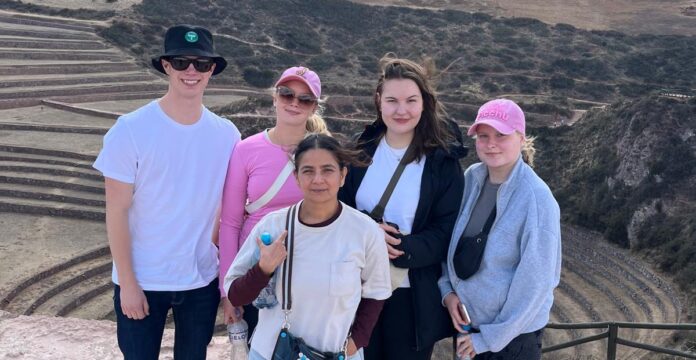Written by Julian Oviedo, Student at the PUCP, Peru, who visited the University of Vaasa summer 2024 for a short study abroad trip funded by the TFK2023
Honestly, I don’t know how I could put into words my experience in Finland from a month ago. Before going I had already heard and read before about Finland, and how different they were from us politically, environmentally and and socially speaking, but it’s a completely different experience to read something and hear from it, than actually being able to experience it.
During the 10-day trip I realized that both of our countries share differences and similarities, for better or worst (definitely, the food is an aspect in which Peru is better, I had to say it). The way in which Finnish people treat their relationship with nature, was probably one of the things that I couldn’t believe the most especially in Vaasa, even in a bigger city like Helsinki, the balance with nature is something that it was always kept in mind, and something that I was able to appreciate in the weekend that I was there. Also just like in Vaasa, in Helsinki, a lot of people used bicycles for transport, even doe in Helsinki from what I saw their main mode of transportation was public transport.
In Peru, especially in the city that I’ve lived my entire life, it seems like if we’re embarrassed by nature. I think this is because we want to look more modern with more buildings, cars, and our public transport (like buses) are honestly a danger for both the people inside the Bus (just a couple of days ago my friend was stolen in one of those buses) and people outside.
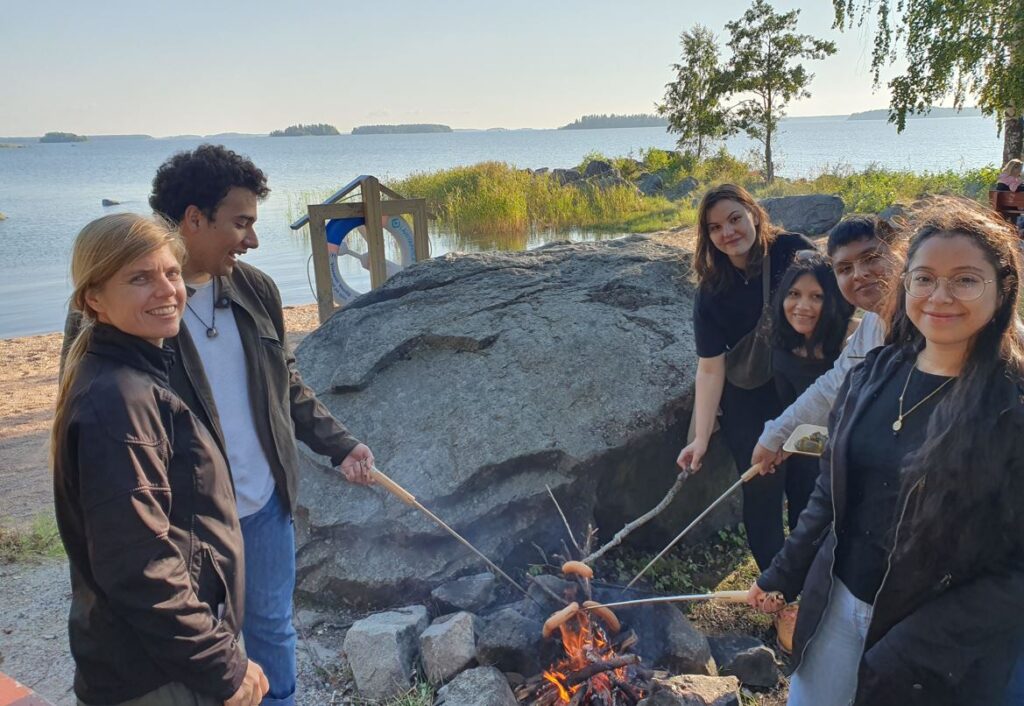
Even with little things, like the idea of recycling bottles for a little bit of cash was something that surprised me, and not only because through this I was able to found a new source of revenue that sustained me financially during the trip. But also because his shows a commitment to sustainability in the country, which in reality is not that big and could be consider the bare minimum, just an incentive for people to recycle but again is something which other countries like mine would probably refuse to do, because of it’s cost and the organization that it would take to make it happen.
In stark contrast to this small but effective sustainability effort by Finland, I would say that a place in which they tried their maximum effort to create a sustainability was the restaurant “Nolla”, the head-chef gave us a tour of the restaurant and showed us how they created this sustainable business model and how they developed new technology that has not only helped its restaurant but also other restaurants that want to be more sustainable. Having said that even the head chef admitted that it would be almost impossible for all restaurant to operate this way and be as committed as them, however the experience did proof that even doe sustainability has the stigma to be very expensive and a very high investment that it can still be very profitable and not as costly as many expect it to be, because the restaurant was generating a profit and the food wasn’t even very expensive. Out of all the food I tried in Finland this one was by far the best and the presentation of the plate was like something straight out of “The Bear” or “Ratatouille”, this was the first and probably the last time that I will experience fine dining.
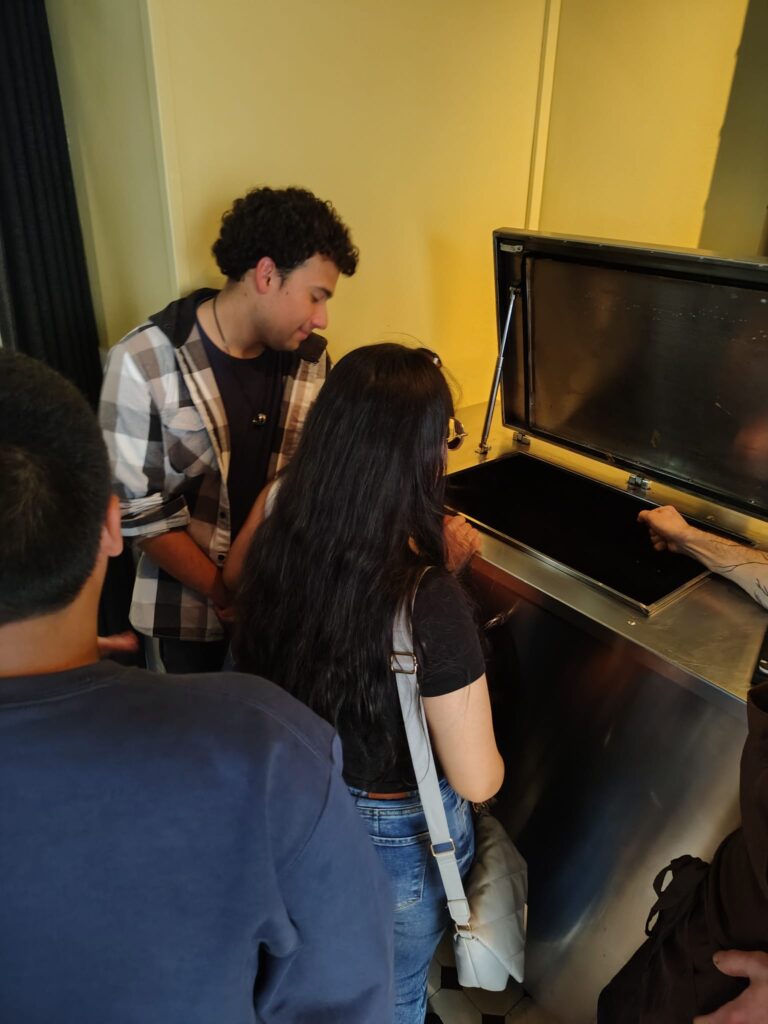
On the other hand, I was also able to see aspects of Finland during the trip that weren’t as positive. On the journey the professors made very conscious efforts to show us that not everything is good. For example, hey showed us how there were companies that said they were sustainable, however there was very little actual evidence of them being sustainable. They also made a conscious effort to talk to us about the social and political aspects of Finland, like the taxes that they had to pay which are a lot but, in the end, they trust in the government that they will use that money correctly to improve public services (which is a trust that could never happen in my country, because of all the corruption). Also, they talked to us about the relationship between Swedish speaking citizens in Finland and Finnish speaking citizens, which I found interesting as it reminded me about Quechua speakers and Spanish speaking Peruvians, albeit likely a less discriminatory version from the one in my country, at least from what I understood. Another difference that I found in the trip is how different are the learning styles in both countries.
During the trip I was able to assist in the first week of the Vaasa summer school and I realized how different it was their learning style compare to the PUCP. The classes felt more hands-on allowing the student to learn by doing it themselves with the professors assisting the students whenever they needed it. In my university the approach is more focused to learn from the theory instead of learning by experience. Honestly, it was an ironic experience, at least in my opinion, as my final project for the first week of the Vaasa university summer class was creating the idea of an entrepreneurship which ended up being an app about learning how to learn, and honestly, I think that this experience in the class made me learn how this approach helps me learn better than the one in my university.
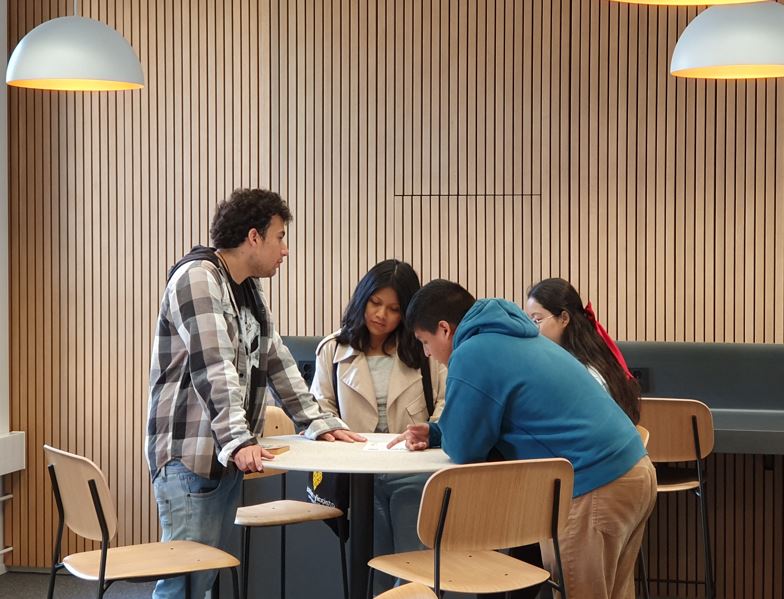
Overall, I found the trip and being part of the University of Vaasa, especially in the course “Ideation and Venture Creation,” to be a highly enriching experience. I believe that other students that want to have the opportunity to participate in such programs, should take the opportunities presented to take it and give their maximum effort to actually be able to participate in the trip and take full advantage of the program. I would recommend this experience to anyone that has the opportunity as I think it could broaden their horizons.
Personally, I was able to gain a deeper understanding of how different societies can approach a similar challenges like sustainability due to its culture, and expanded my point of view into new and refreshing places, as it showed me that there is more than one solution for the same problem. I learned that having an open mind Is key for everything, which now upon further reflection, I think it’s something deeply important to know, not only for my academic and professional life but also my personal one as well.
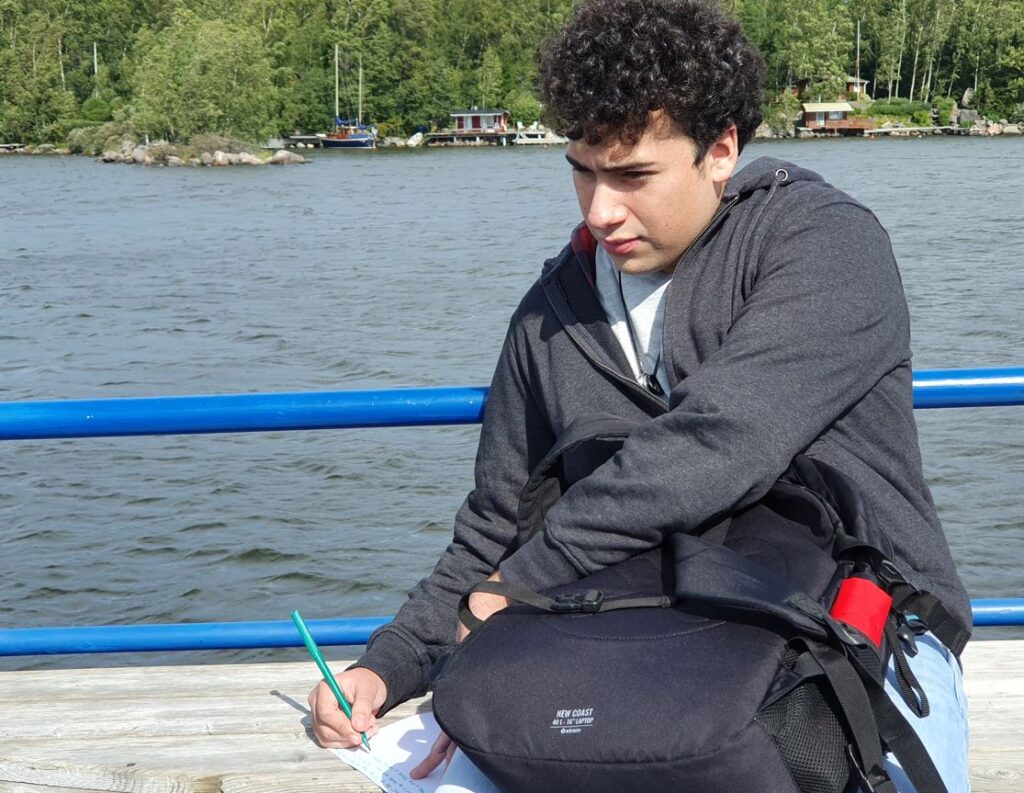
Acknowledgement
This visit was part of a collaborative project “Education for sustainable internationalisation of a firm (ESGinMNC)” uniting PUCP and University of Vaasa. The project was funded by by the Finnish National Agency of Education, TFK 2023. This project has been coordinated by Aušrinė Šilenskytė, Program manager and researcher at the University of Vaasa, Finland.
